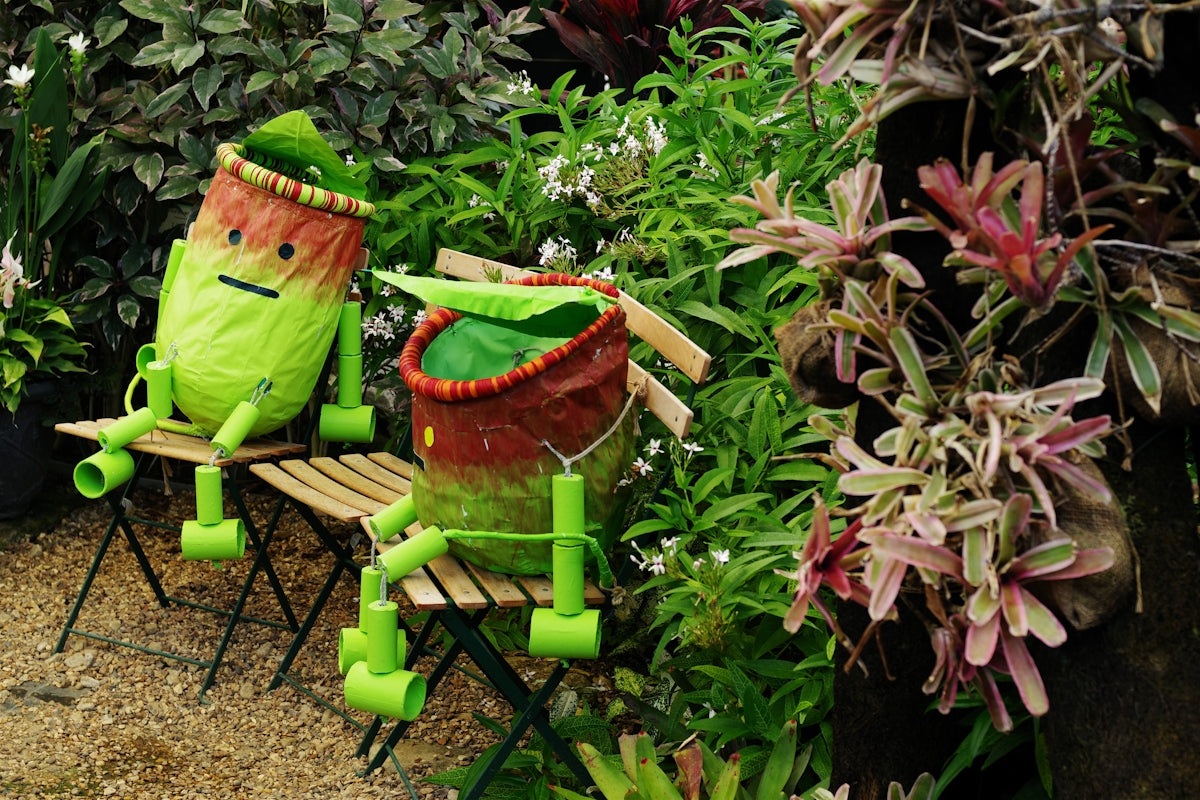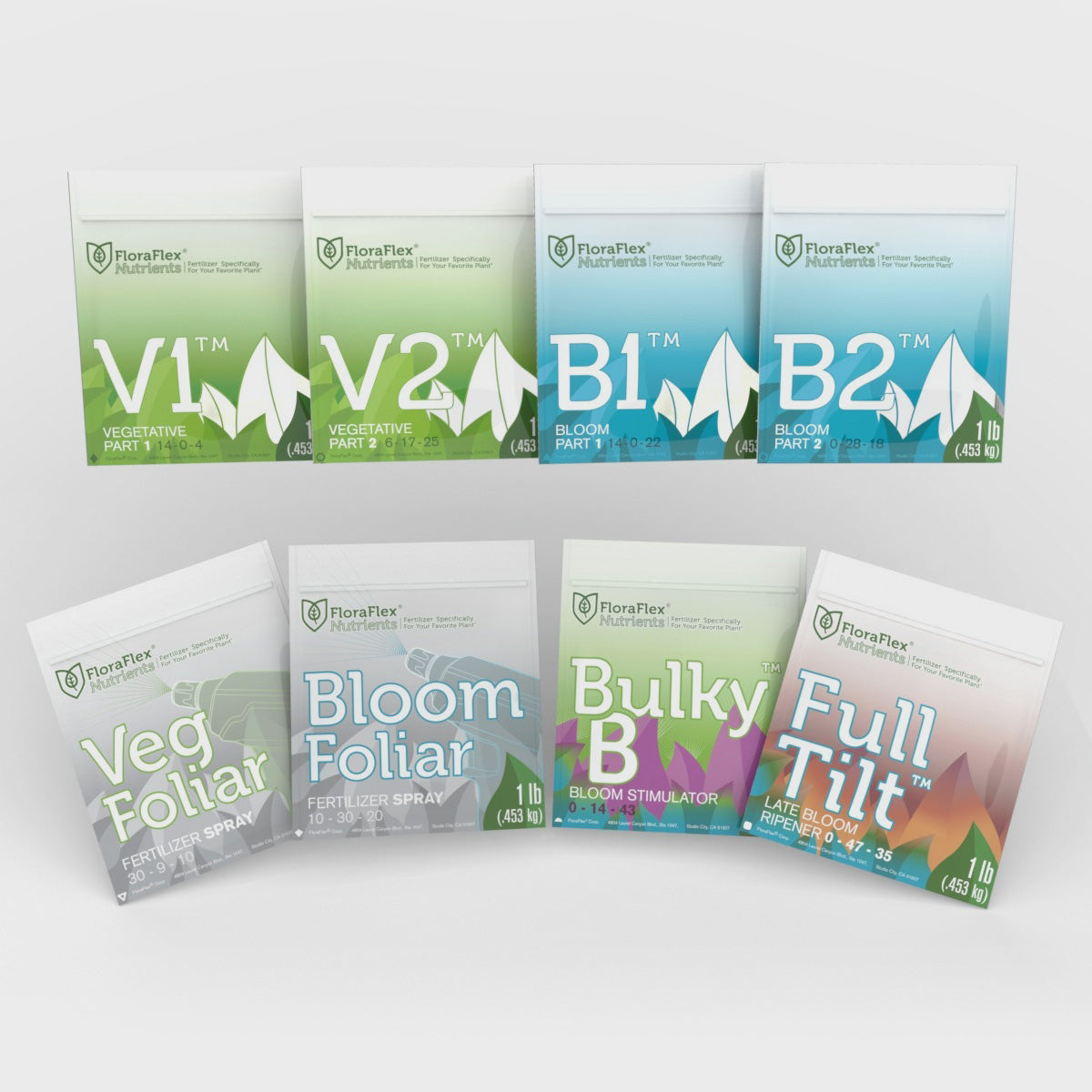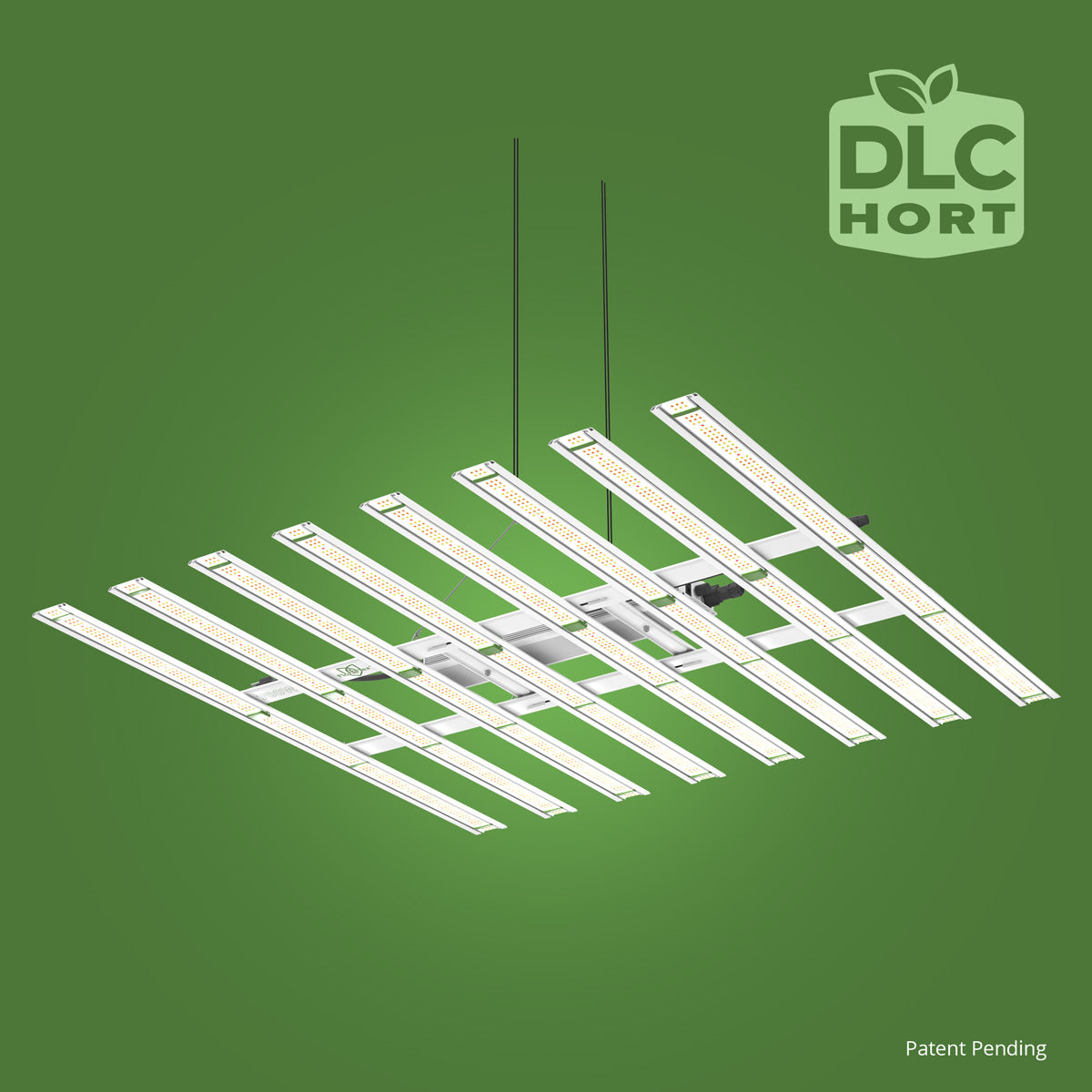Composting at home is an excellent way to recycle organic waste and create nutrient-rich soil for your garden. Whether you're an urban gardener or have a sprawling backyard, there are various composting techniques you can try. In this post, we'll explore different DIY composting methods you can implement at home to turn waste into fertile compost.
1. Traditional Compost Bin
A traditional compost bin is one of the simplest and most effective methods of composting. You can purchase a bin or build one yourself using wood pallets or wire mesh. The key is to layer your organic materials, alternating between green (nitrogen-rich) and brown (carbon-rich) waste. Regularly aerating the pile with a tool or fork will accelerate the decomposition process.
2. Vermicomposting
For those with limited space, vermicomposting is a fantastic technique that uses worms to break down organic matter. Red wiggler worms are the best for this method. You'll need a specially designed bin that allows airflow and provides a moist environment for the worms to thrive. Vermicomposting is ideal for kitchen scraps and produces high-quality compost known as "worm castings."
3. Bokashi Composting
Originating from Japan, Bokashi composting is an anaerobic method that uses a specific mixture of microorganisms to ferment organic waste in sealed containers. This technique is compact and quick, suitable for indoor composting. After fermentation, the waste is buried in soil, breaking down further to contribute enriching nutrients. This system is particularly effective for meat, dairy, and cooked foods.
4. Trench or Pit Composting
Trench or pit composting involves burying organic waste directly into the ground. This method is straightforward—dig a hole, fill it with compostable materials, and cover it with soil. Over time, the waste decomposes, enriching the surrounding soil. This technique is ideal for larger spaces and reduces the need for compost bins.
Maintaining Your Compost
Maintaining moisture is vital in any composting method. Ensuring that your compost pile or bin is consistently moist—not too dry or too soggy—is crucial for effective decomposition. For precise watering, consider using tools like the 1.5L Pump Sprayer to help keep the moisture levels ideal.
Composting is both an art and a science, and finding the method that suits your space and lifestyle is key to success. Happy composting!
For more information on gardening tools and products that can aid your composting journey, visit FloraFlex.









